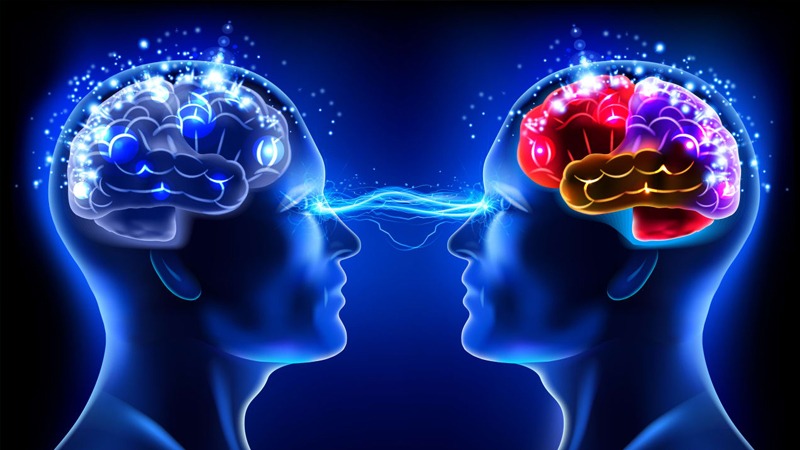Human Brain is apparently the most refined and complicated part of the body. It is responsible for intelligence, thoughts, sensations, memories, body movement, feelings, and behaviour.
The average human brain contains about 86 billion nerve cells, called neurons. These are the building blocks of your brain. Neurons communicate with each other by sending chemical and electrical signals. Each neuron relates to other neurons across tiny junctions called “synapses.
The nerve cell releases chemical signals, called neurotransmitters, which travel across the synapse to another neuron to create a new electrical wave in that cell.
Medical science has been evolving tremendously in the last few decades. It has provided the most significant contributions to our understanding of how the brain functions. However, even with these advancements, what we know so far is probably only a fraction of what we will, undoubtedly, discover in the future.
Neurons (Brain Cells)
Neurons are brain cells, numbering in the billions, which are capable of instant communication with each other through chemical messengers called neurotransmitters. SOMA is the centre of the neuron and is also known as the cell body. It contains the nucleus, which houses the cell’s deoxyribonucleic acid (DNA) or genetic material. The cell’s DNA defines what type of cell it is and how it will function.
The cell body consists of two ends (Dendrites and axons). Dendrites, receive the information sent by other brain cells (neurons). The term dendrite, which comes from a Latin term for tree, is used because the dendrites of a neuron resemble tree branches.
The axon is a long tubular fibre that extends away from the cell body. The axon acts as a conductor of electrical signals.
At the base of the axon are the axon terminals. These terminals contain vesicles where chemical messengers, also known as neurotransmitters, are stored.
Neurotransmitters
Neurotransmitters are chemical messengers in the body. Its main objective is to transmit signals from nerve cells to target cells. These target cells may be in muscles, glands, or other nerves. The nervous system controls the body’s organs, psychological functions, and physical functions. Nerve cells, also known as neurons, and their neurotransmitters play important roles in this system.
It is believed that the brain contains several hundred different types of chemical messengers (neurotransmitters). Generally, these messengers are categorized as either excitatory or inhibitory. An excitatory messenger stimulates the electrical activity of the brain cell, whereas inhibitory messenger calms this activity. The activity of a neuron (brain cell) is largely determined by the balance of these excitatory and inhibitory mechanisms.
The brain needs neurotransmitters to regulate many necessary functions, including:
- Breathing
- Heart Rate
- Sleep cycles
- Digestion
- Mood
- Concentration
- Appetite
- Muscle movement
Experts have identified more than 100 neurotransmitters. Neurotransmitters have different types of action:
- Excitatory neurotransmitters encourage a target cell to act.
- Inhibitory neurotransmitters decrease the chances of the target cell acting. In some cases, these neurotransmitters have a relaxation-like effect.
- Modulatory neurotransmitters can send messages to many neurons at the same time. They also communicate with other neurotransmitters.
Some neurotransmitters can carry out various functions, depending on the type of receptor that they are connecting to.
What happens if your Neurotransmitters are damaged?
A neurotransmitter imbalance can cause Depression, anxiety, panic attacks, insomnia, irritable bowel, hormone dysfunction, eating disorders, Fibromyalgia, obsessions, compulsions, adrenal dysfunction, chronic pain, migraine headaches, and even early death.
How do you treat neurotransmitter imbalance?
The most common evidence used to treat the chemical imbalance theory is through the usefulness of antidepressant medications. It is supervised by best neurology treatment centre in Bangalore These medications work by increasing the levels of serotonin and other neurotransmitters in the brain.
Who specializes in the treatment of neurotransmitters imbalance?
Neurologists treat neurological conditions, which are problems that affect the brain, spinal cord, and nerves. They assess, diagnose, manage, and treat conditions that affect your nervous system
For any queries, consultation or treatment visit the Best Neuro / neurosurgery hospital in Bangalore.
